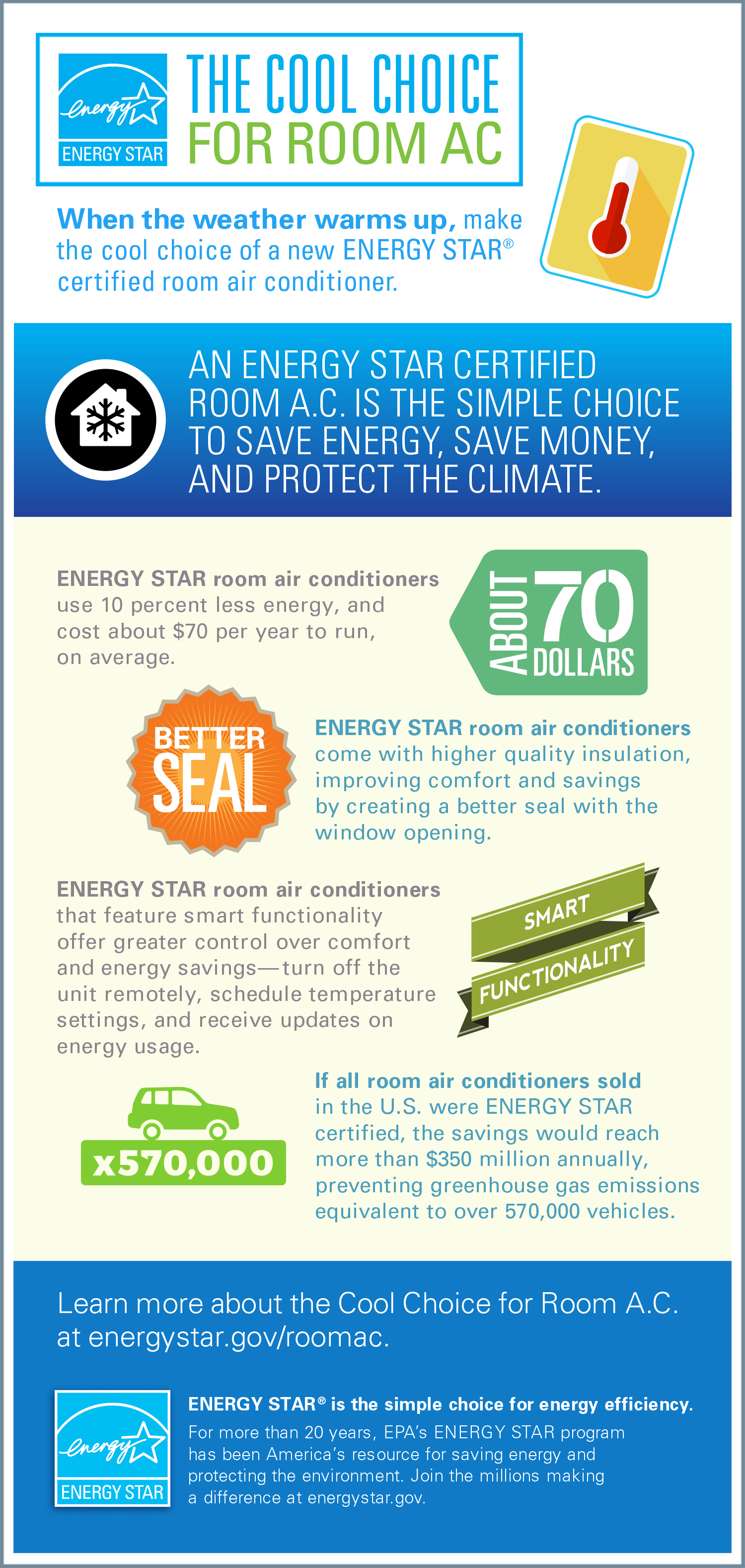Heatpump Vs Furnace - Which Is The Better Heating Option For Your Home?
Heatpump Vs Furnace - Which Is The Better Heating Option For Your Home?
Blog Article
Content Develop By-Huff Aldridge
Several house owners are familiar with heaters, which warmth homes with oil or gas and push hot air via ductwork. They are reasonably affordable and can offer reputable heating also during a wintertime power blackout.
Nevertheless, they utilize nonrenewable fuel sources and produce carbon monoxide gas and various other air pollution. They likewise aren't as energy-efficient as a high-efficiency heatpump.
Cost
Normally, heat pumps are much more budget-friendly to run than furnaces. They usually use electrical power and cooling agent to extract warm from outdoor air, and then move it into your home. You can make the most of less costly electricity prices during off-peak hours to further decrease your home heating costs.
Unlike heat pumps, gas or wood-burning furnaces use burning to generate warmth, giving off flue gases right into the ambience that can be dangerous to your health and wellness. heat pump specialists are likewise less energy-efficient than heat pumps, and their higher operating costs can add up in time.
Furnaces are much more complicated than heat pumps and need normal upkeep to ensure the correct function of all parts. Regardless of this, they often tend to last longer than heatpump with a typical life-span of two decades or even more. Nonetheless, you'll require to factor in the cost of gas, gas oil or wood and the added devices needed for installment and operation such as air ducts and air flow systems.
Energy Efficiency
Heat pumps have a greater energy efficiency ranking than heating systems. These systems utilize electricity to scavenge warmth from the air, even in freezing temperature levels. They can likewise get rid of excess heat from the home during warmer months and recycle it to cool the system. Provider experts can help you figure out the very best model for your home based on environment and source power costs.
https://common-hvac-service-calls00987.creacionblog.com/29196279/exposing-typical-myths-and-misconceptions-about-warmth-pumps burn gas oil, propane, natural gas or various other kinds of nonrenewable fuel source to warm the air in the home. This air is then dispersed via ductwork making use of a big follower. Heating systems produce greenhouse gases and require routine upkeep and equipment upgrades to guarantee secure operation.
The biggest benefit of a furnace is that it can be run even in severe wintertime problems because it does not rely on outdoor temperatures to warm up the air. Heaters additionally have a longer life-span than heatpump and normally last 15 years. They can likewise be coupled with double fuel choices, which choose the most effective heating choice based on the weather condition.
Climate
Heatpump function well in moderate climates and utilize less source energy than heating systems. Nevertheless, if your area is remarkably cool, you may need to buy a common gas heating system rather.
Heaters give warm, cozy warm and commonly offer quick heating to raise interior temperature levels. These systems can be used with a variety of fuel types, including gas, gas, oil or power.
They eat more energy than heatpump-- approximately 3x as much-- and require ductwork that's expensive to install or retrofit. They're also extra expensive to keep, as they can cause air high quality problems and generate greenhouse gas exhausts.
If you're devoted to decreasing your carbon impact, a heatpump is a great option for your home. They have fewer greenhouse gas exhausts than heaters, specifically if you pick a power STAR ® heat pump. Your regional Provider specialist can describe the differences in between these 2 heater and help you make the most effective choice for your distinct needs.
Personal Preferences
Heaters can be really energy efficient when powered by gas, propane or oil, yet they aren't as power effective as heatpump in freezing environments. They can additionally be extra costly to set up, needing gas lines and air flow systems.
Nevertheless, heaters tend to need much less maintenance, which can cause lower continuous expenses. They generate less greenhouse gases and are more reliable than heat pumps during extreme weather.
Electric heat pumps are a lot more flexible in creating interior convenience due to the fact that they can likewise act as ac system throughout warmer months. They can be more convenient to keep, needing only regular air filter adjustments and periodic vacuuming.
If you like the convenience of a single system that does it all, consider a hybrid heating service that pairs a heating system with an electrical heatpump. These systems can instantly switch over in between both home heating choices based on your home's requirements and temperature conditions, optimizing effectiveness and financial savings.